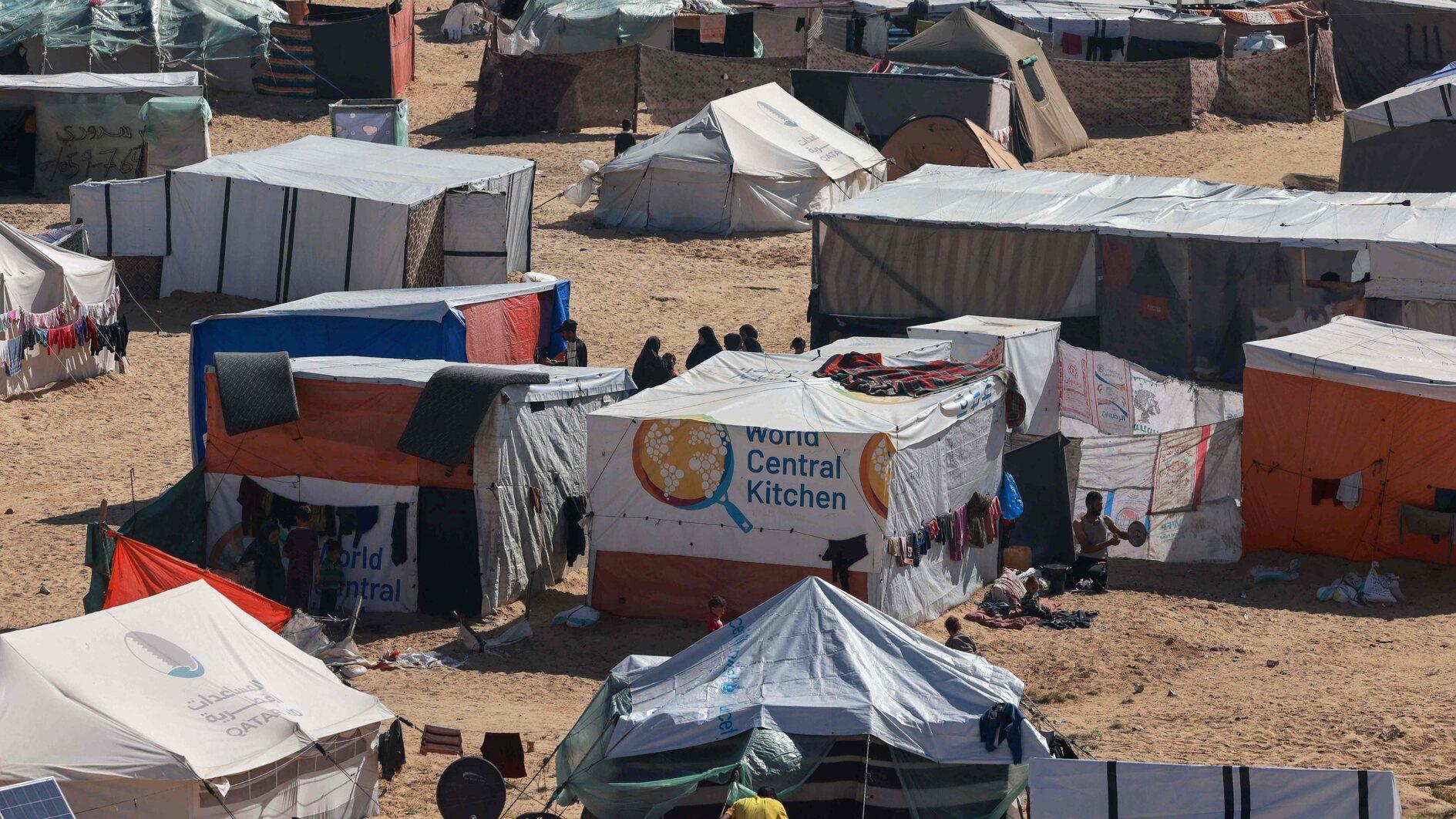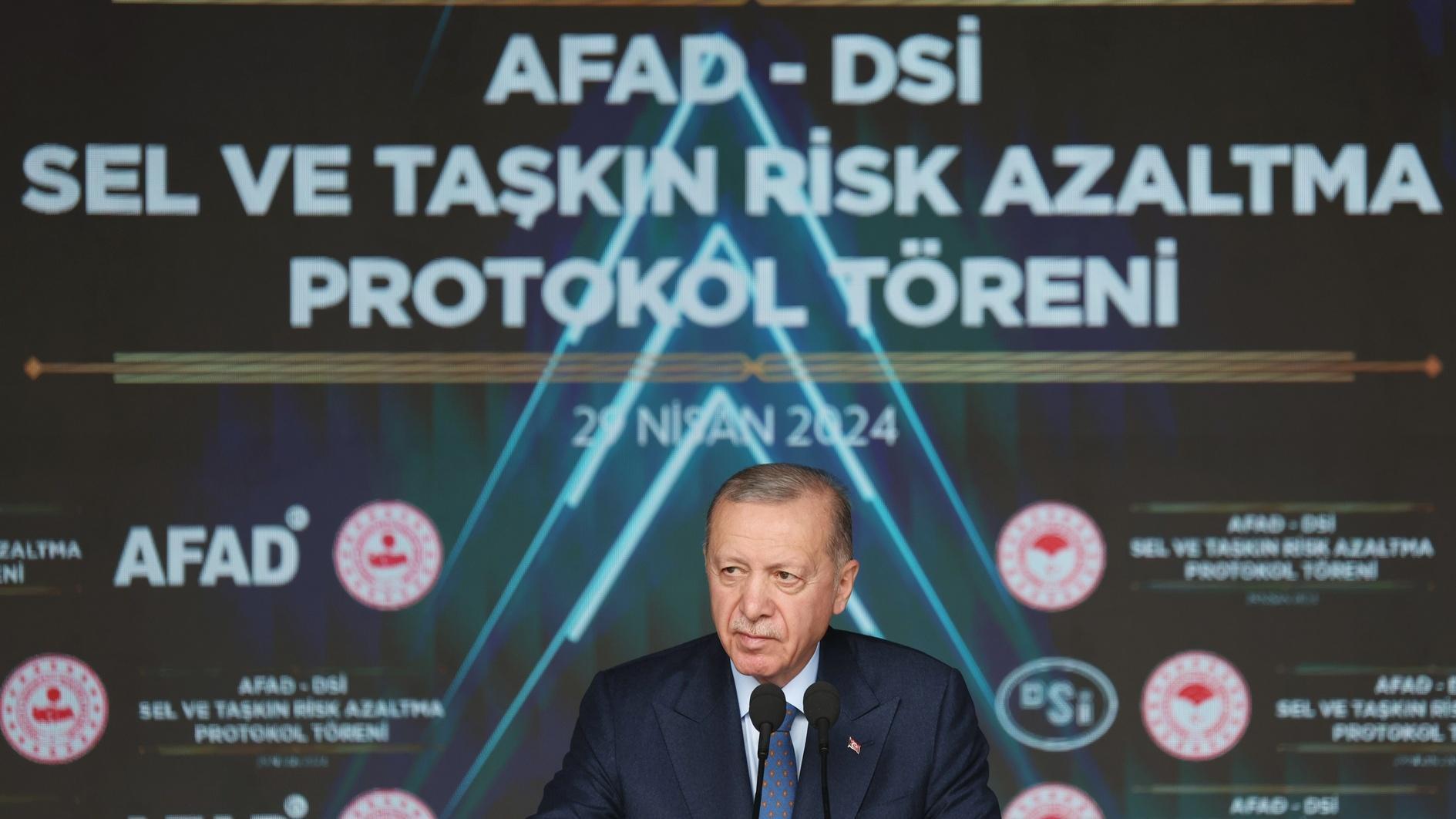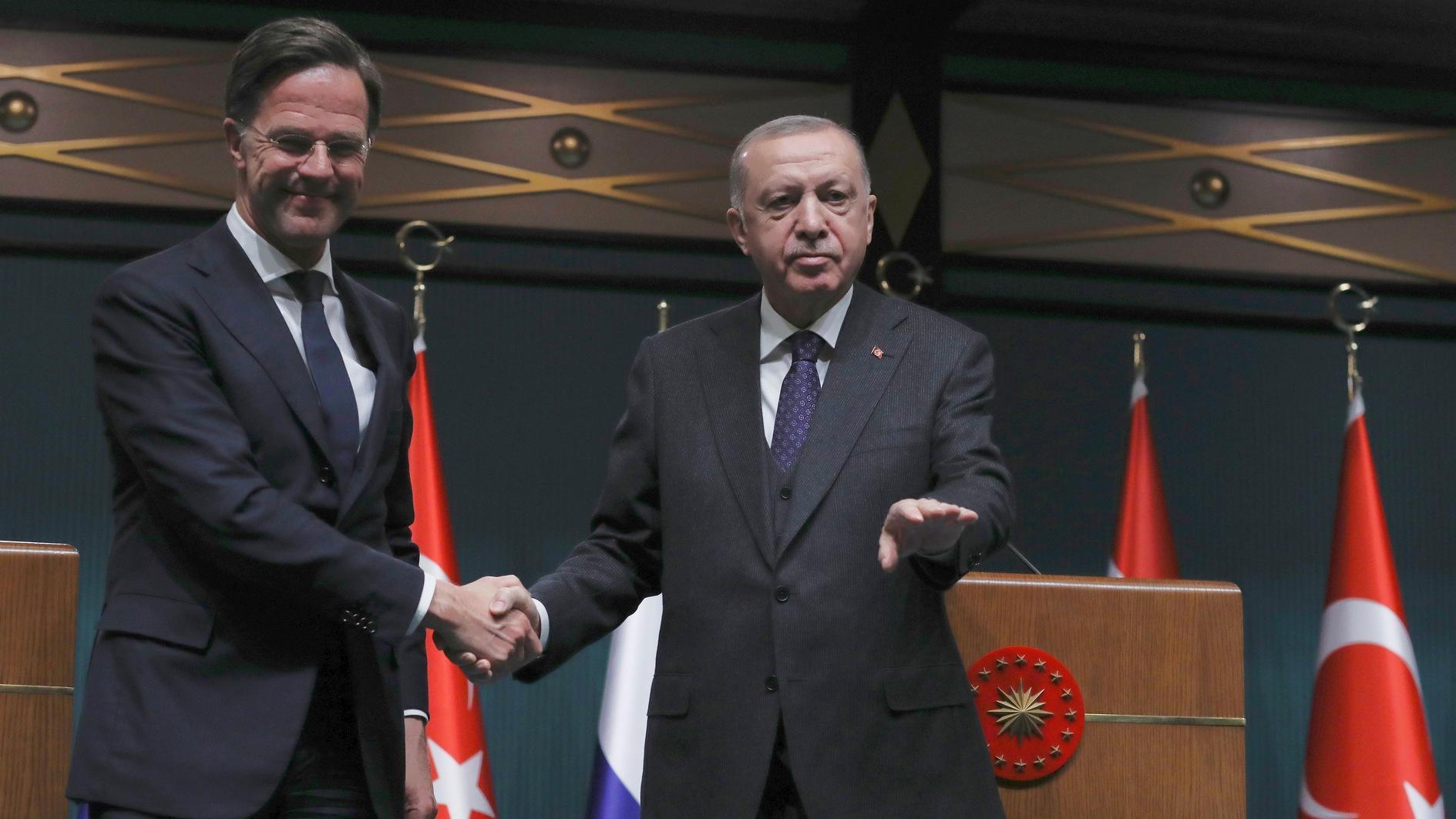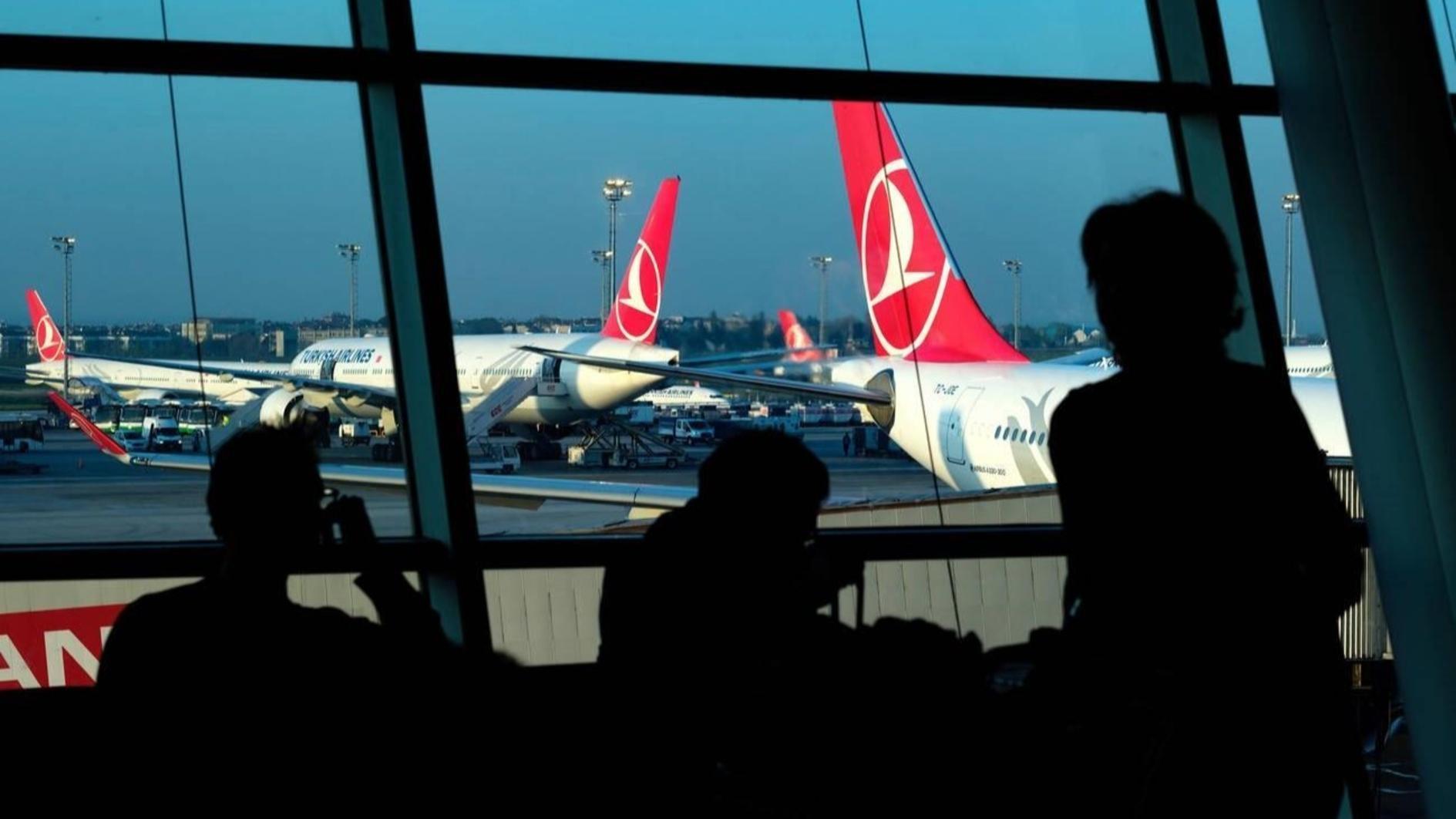Judge Ricciardone feels proud of envoy brother
ANKARA - Hürriyet Daily News
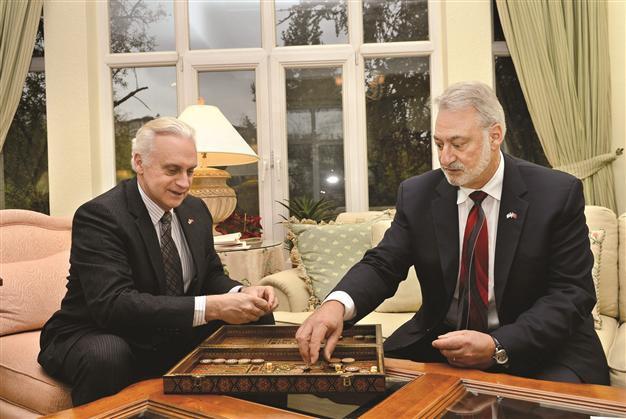
US Ambassador to Ankara Francis Ricciardone plays backgammon with his brother David Ricciardone, a senior US judge, in a rare occasion in Ankara. DAILY NEWS photo, Selahattin SÖNMEZ
Expressing different points of views while showing tolerance for offensive or even insulting ideas produces a better society, a prominent U.S. judge has said in response to questions on growing human rights and freedom of expression concerns in Turkey as a result of court decisions.What makes the statement more significant is that it was expressed by David Ricciardone, a Superior Court judge in Massachusetts and brother of Francis Ricciardone, the U.S. ambassador to Turkey, who has been frequently criticized by top government officials over his critical remarks on the state of freedom of expression and justice.
Judge Ricciardone is in Turkey as part of a judicial delegation to share experiences and exchange views with Turkish counterparts.
The interview took place at the ambassadorial residence with the presence of Ambassador Ricciardone.
Here is an excerpt from the interview:
You are visiting a country in which your brother is representing the United States. How does it feel?
Oh, it’s great to see my brother in action and dealing with not only local people but those of us from America who come and visit, too.
What is the objective of this visit?
Our delegation is made up largely of judges both from the federal and state systems in the United States, but also a prosecutor. And the topic of our workshop is plea bargaining. Our objective is to basically engage in a dialogue about one particular facet of our criminal procedure. It happens to be an area which we have some experience. Certainly, we’re not necessarily lecturing or even advocating to a certain extent, but we are hoping to inform and to get some feedback and answer questions, in a way that the Turkish judges can consider another point of view, to which to their credit, they are open and receptive to.
You had a meeting with Turkish judges at the Justice Academy.
I gave a presentation on my perspective as a judge as to how plea bargaining works in United States. There were other judges who talked [about] what may be considered a different perspective in that the federal system works slightly different from the state system, which is where my expertise is. I’ll tell you, we are very impressed by the Justice Academy because in the U.S, believe it or not, there is not the level of training that you have here for judges.
The Turkish judicial system does not have a good reputation abroad, especially because of long detention periods and a failure to provide efficient justice.
I understand there is this issue. I understand that it is currently being discussed actively. All I can tell you is that it is a good thing it is being discussed. We have had to deal with it. We have come up with a scenario where there can be a detention hearing. [As a result of the judge’s decision], a person gets detained. It is not favorable. We favor the system of bail. But there again, we do this based on a system of advocacy, with input from the opposing sides and do the best we can with the information we have. I can only assume that the Turkish judges are doing the best they can under the law and facts that are apparent to them. But again, we don’t necessarily favor the incarceration of persons prior to conviction, let alone purely on an allegation, of fraught-based or speech-based behavior.
The common assessment of the Turkish judicial system is that it has become too political and lost its independence.
Turks aren’t alone in this thorny problem of the political ramifications of the judicial system or trying to remain independent of purely political conservations.
Criticisms are growing against the judiciary over freedom of expression.
Listen. Maybe a way to look at it is that we grow up in a very multicultural society, really. In the U.S., it is pretty much a short history, made up of people from all over the world. We are descendants of peoples from all over the world. And so, I think by the very virtue of … being born out of that kind of ancestry, necessarily you have to tolerate viewpoints from every direction and every compass point under the sun. And that is our makeup. So it might be kind of difficult for other countries not having had relatively short histories made up of immigrants to understand that we happen to have that point of view that society thrives on a robust dialogue; that … often includes a point of view that either I find offensive or thoroughly disagree with. Or maybe even insulting.
Your brother was called a rookie ambassador when he voiced his criticisms.
You know, we are brothers, we support each other and I know him to be motivated [by such criticism], which only strengthens the great foundation in Turkey. You know we’re strong allies. So he gets through whatever period of criticism; he has to deal with it. He has broad shoulders, they’re not quite as broad as mine, but he should be able to handle it. But at the end of the day, it is really about agreeing or expressing the different points of view and tolerating these things and coming to an understanding of what really makes us a better society.



